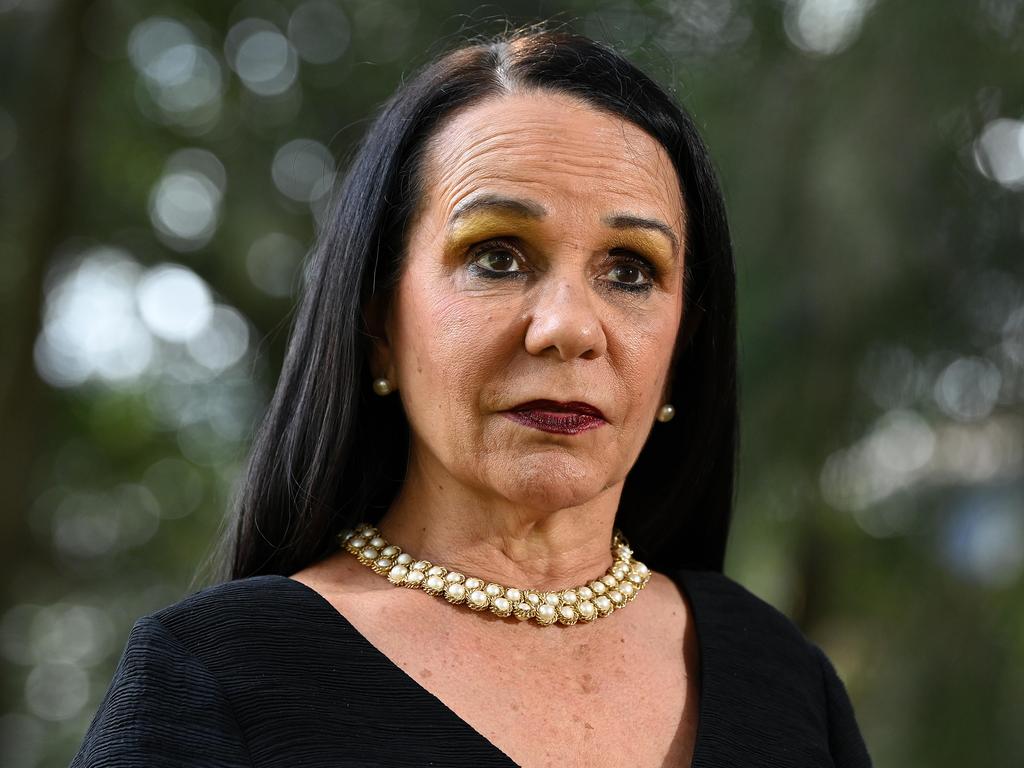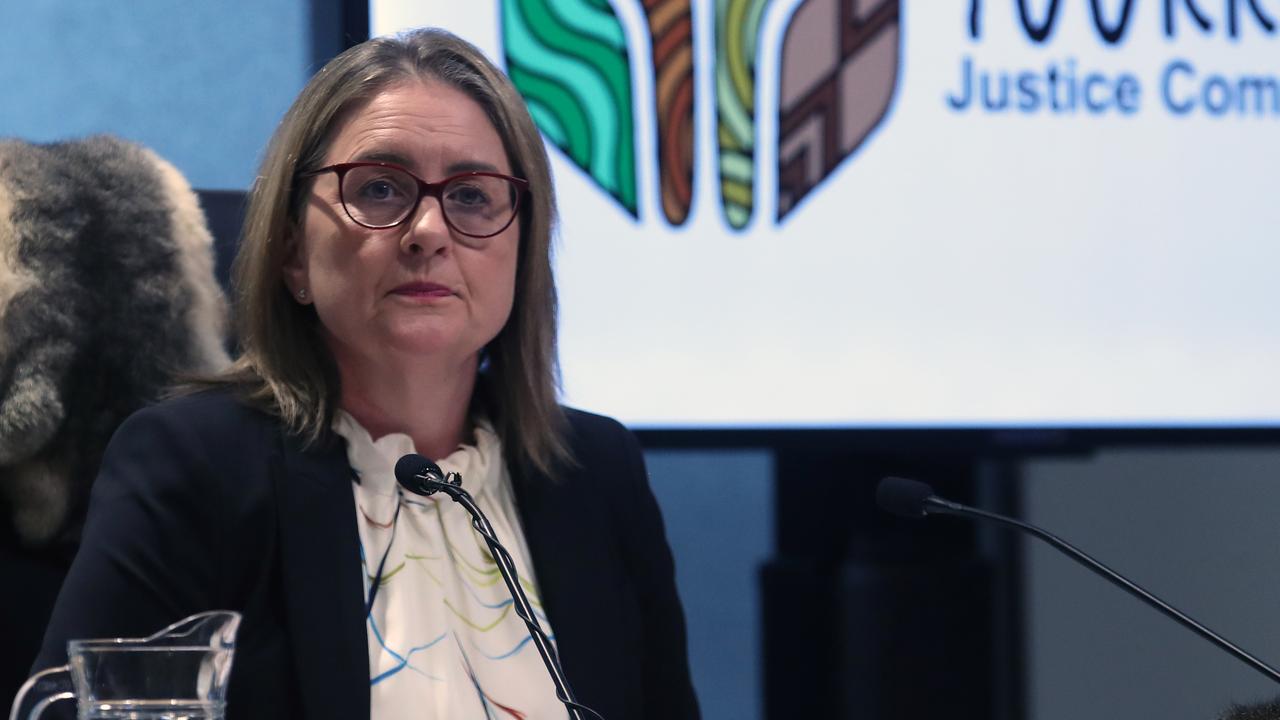Northern Territory was warned lifting grog bans would cause grief
Aboriginal organisations warned the NT government that failing to replace federal alcohol bans would trigger a ‘massive increase’ in rates of alcohol-related harm.

Aboriginal organisations warned the Northern Territory government more than two months before federal alcohol bans were due to expire that failing to replace them would trigger a “massive increase” in rates of alcohol-related harm.
The board of the Alice Springs-based Ngaanyatjarra Pitjantjatjara Yankunytjatjara Women’s Council met on May 10 and unanimously told NT ministers three days later that allowing the bans to lapse would endanger vulnerable women and children.
“We implore you to consider the vulnerable in these communities, in particular women and children who are most at risk of further harm and abuse if the current restrictions are eased,” the NPY board wrote on May 13 in a letter obtained by The Australian.
“The NT government’s reference to ‘choice’ in this matter is very concerning. The very short timeframe in this debate does not allow for informed choice but rather seriously removes any hope of choice. And what about the children in these town camps and communities, do they get a choice?”
NT Chief Minister Natasha Fyles and her Indigenous Attorney-General, Chansey Paech, have defended replacing blanket bans with an opt-in system on the basis the bans were imposed as part of the Howard government’s NT Emergency Response, which they say was “race-based policy targeting Aboriginal Territorians with little or no engagement”.
But the NT government has itself come under fire for acting without an Indigenous mandate.
“At the very least, we urge you to defer this decision until Anangu have been properly and adequately consulted about all their options,” the NPYWC board wrote, referring to the Anangu who live in the area the body predominantly works. “At the NPY Women’s Council Board of Directors meeting …, it was unanimously agreed that the impending lapse of the Stronger Futures Alcohol Measures in July will, in no uncertain terms, see a massive increase in the rates of domestic and family violence, child neglect and road accidents, to name a few.”
The Australian on Tuesday revealed federal Indigenous Australians Minister Linda Burney is urgently seeking a meeting with Ms Fyles amid mounting concern over reports of spikes in alcohol-related violence and alcohol sales at some outlets.
Indigenous academic Marcia Langton and her Melbourne University Colleague Kristen Smith argued grog bans were effective, whereas choice-based ideology “wilfully ignores the most significant human rights issue at stake” – the safety of vulnerable people.
During parliamentary questions, Ms Fyles blamed the former federal Coalition government for the farrago, claiming the NTER measures were intended to be temporary pending the development of local alcohol management plans but that former federal Indigenous affairs minister Nigel Scullion obstructed the process.
“Senator Scullion … proudly pointed to the fact that there were Alcohol Management Plans sitting in his office that he refused to entertain,” she said. “In terms of these changes, there has been a lot of consultation. We are talking about hundreds of communities.”
Mr Scullion said Ms Fyles’ version of events was “complete nonsense”. “Yes, it took a while, but the notion we weren’t considering them is complete nonsense,” he said. “If they do real consultation, I doubt they will find a community that will allow more alcohol. I’ve never seen a community do better with more alcohol.”
Ms Fyles told The Australian alcohol-related harm was “one of our biggest challenges, and no government has done more to tackle this issue”.
“We worked with impacted communities to come up with a system that allows them to continue alcohol restrictions for up to two years or lift them,” she said.
“Aboriginal communities have the same right as every other community to make decisions in the best interests of their own people.”
Alice Springs Police recorded 54 domestic-violence incidents in 48 hours soon after the grog bans expired on July 17. The changes affect about 7000 people in 400, mainly smaller communities. Bans remain for 36,000 people in larger communities. At least 17 of the affected communities are expected to opt in to new grog bans.





